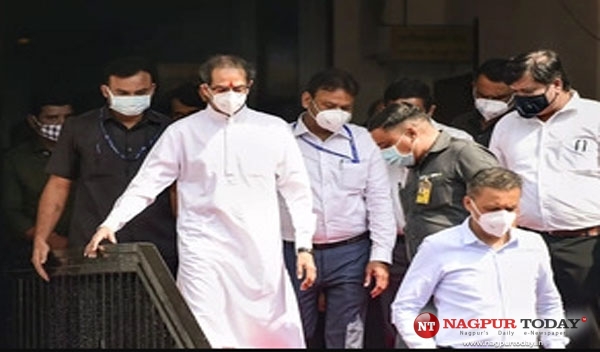The Bill was necessitated as the Maharashtra Official Language Act, 1964, did not make it mandatory to use Marathi in official works
Nagpur: The Maharashtra Legislative Assembly on Thursday unanimously passed a Bill that aims to make the use of the Marathi language mandatory in official works of local authorities, including civic bodies and corporations formed by the State Government, according to reports.
Minister for Marathi Language Subhash Desai said the introduction of the Bill was necessitated as the Maharashtra Official Language Act, 1964, did not make it mandatory for the local authorities to use Marathi in their official works. Provisions have been made in the Act for its effective implementation, he said. Also, complaints regarding its implementation will be addressed to a Special District Marathi Language Committee, said the Minister.
Desai further said that any local authority, be it established by the State Government or the Central Government or State-run corporations, will have to use Marathi while interacting with people and in internal works too. The minister also said the use of English or Hindi by local authorities for certain government works, like communicating with foreign ambassadors, has been allowed.
Meanwhile, BJP MLA Ashish Shelar said that there were some discrepancies between the provisions suggested by the government. “While Marathi will be the working language in all government and municipal offices, the use of English will be permitted in case of certain official purposes. Does this mean that ordinary citizens will have to compulsorily use Marathi whereas the officials can use English,” asked Shelar.
Responding to this, the Minister said, the provision must not be interpreted in this way. All the official works will be undertaken in Marathi. Correspondence to places like embassies of other countries or other such places will be done in English.
Shelar responded, “We do not doubt the effective implementation of this law. Even we believe that it must be effectively implemented. Our concern is that if the District Committee is given unlimited authority to redress grievances and initiate action, there is a possibility that it might get misused at the administrative level.”
He said that instead of setting up the committee at the district level, a committee must be set up in every office for its effective implementation. These committees will be like the committees that have been set up in every office for the safety of women in government offices.

















